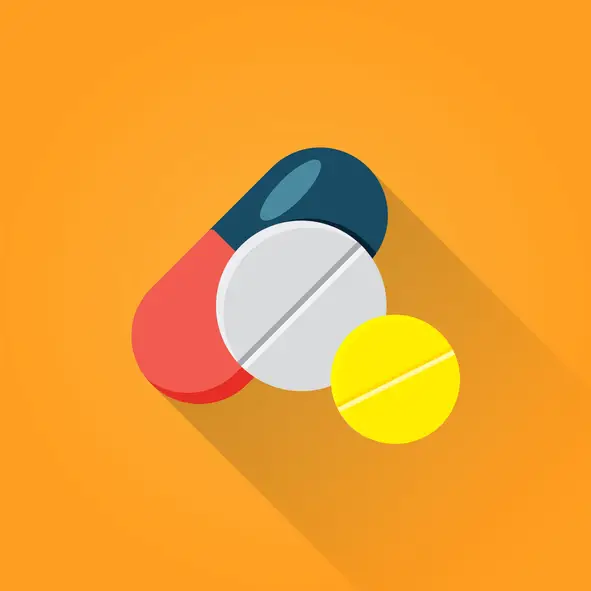Medicines prescribed for attention deficit/hyperactivity disorder (ADHD), depression, anxiety, and other mood disorders — known as psychotropic drugs — have largely been studied in adults. This concerns many parents whose children take these drugs regularly. Studies have most often looked at the effectiveness of these medicines in teens and children. Now a recent systematic review of multiple studies done in children and adolescents offers new guidance on safety for commonly used medicines.
What did the study look at?
The aim of this study was to comprehensively synthesize current evidence on the safety of four major classes of psychotropic drugs given to children and adolescents. This helps clinicians make decisions when prescribing, and assists in developing well-grounded guidelines. It also helps identify areas needing further research.
What are the take-home messages for parents?
The researchers focused on adverse events, such as side effects or other problems, linked to 80 medicines in these four categories: antidepressants, antipsychotics, anti-ADHD medications, and mood stabilizers. Altogether, the studies considered data from 337,686 children and teens. Most study participants were taking either anti-ADHD medicines or antidepressants (roughly 149,000 and 121,000, respectively). Smaller numbers took antipsychotics or mood stabilizers (roughly 67,000 and 1,600).
The study looked at safety profiles and common side effects, which were available in the scientific literature for some, but not all of the medicines: 18 antidepressant medicines; 15 antipsychotic medicines; seven anti-ADHD medicines; and six mood stabilizers. While side effects were modest overall, the researchers found the following:
- Antidepressants. Common issues were nausea, vomiting, and stopping a drug due to side effects. Escitalopram (Lexapro) and fluoxetine (Prozac) were less likely than others to cause adverse effects.
- Antipsychotic medicines. Common issues were drowsiness, abnormal muscle movements, and weight gain. Lurasidone (Latuda) was less likely than others to cause adverse effects.
- Anti-ADHD medicines. Common issues were loss of appetite and insomnia. Methylphenidate (Ritalin, Concerta) was less likely than others to cause adverse effects.
- Mood stabilizers. Common issues were drowsiness and weight gain. Lithium was less likely to cause adverse effects, although its long-term effects, such as possible harm to the kidneys, might be underrepresented.
What are the limitations of this study?
The authors acknowledge that there were limited data about adverse events for many of these medications. Therefore, a more comprehensive reporting of adverse events is necessary in future research on the use of psychotropic medications in children and adolescents. Additionally, long-term and rare side effects are likely underrepresented here, due to the limited availability of longer-term data.
What should I ask if a doctor says my child may need a psychotropic medication?
- What is this medication for? Surprisingly, I’ve talked to a number of parents who aren’t sure why their child is being treated with medication. Make sure you clearly understand several points: what is the diagnosis that requires treatment, and what behaviora






